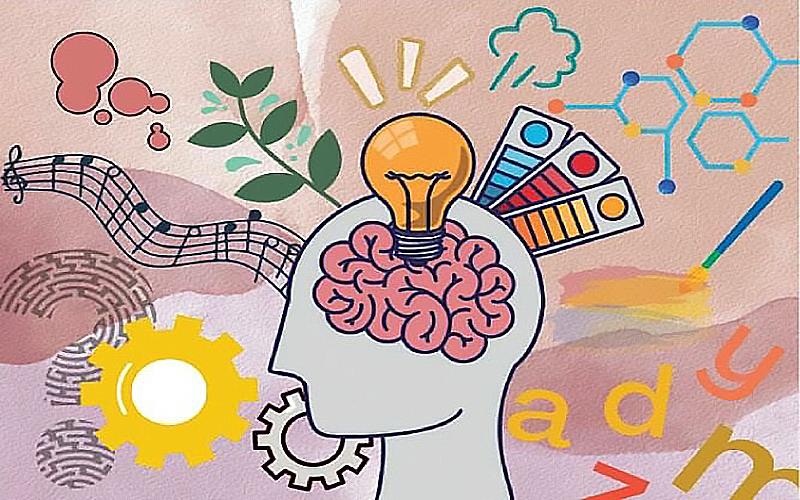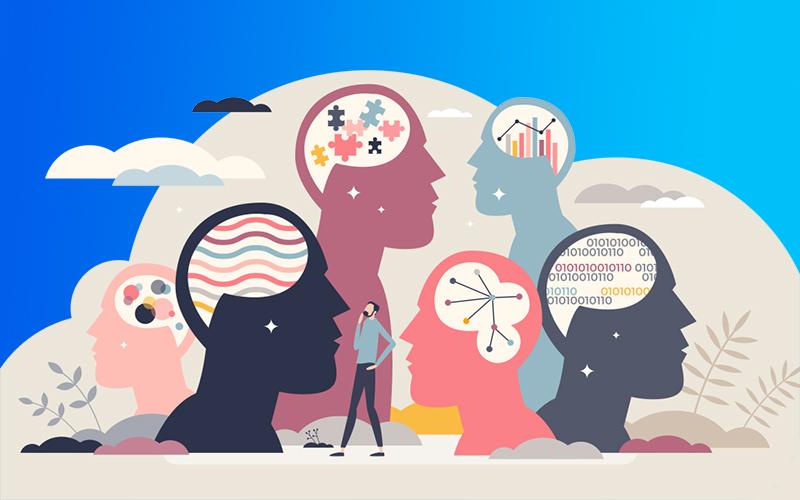Discover the Power of Mindfulness
In today’s fast-paced world, finding peace and maintaining mental clarity can be challenging. This is where mindfulness steps in, offering a way to stay grounded amidst the chaos. But what exactly is mindfulness? At its core, mindfulness is the practice of staying fully present and engaged in the moment, without judgment or distraction. It’s about tuning in to your thoughts, feelings, and surroundings with a sense of curiosity and openness.
Many of us spend our days caught up in worries about the future or regrets about the past. Mindfulness encourages us to break free from this cycle by focusing on the here and now. Whether it’s paying attention to the feeling of the wind on your skin, the taste of your morning coffee, or the rhythm of your breath, mindfulness helps you connect with the present moment.
The Benefits of Practicing Mindfulness
The benefits of mindfulness extend beyond just a momentary sense of calm. Research shows that regular mindfulness practice can lead to significant improvements in mental and physical health. For instance, mindfulness has been found to reduce stress, anxiety, and depression. By fostering a nonjudgmental awareness of your thoughts and emotions, mindfulness helps you manage difficult situations with greater ease and resilience.
Moreover, mindfulness is linked to better focus and cognitive performance. When you’re fully engaged in the task at hand, whether it’s work, study, or a hobby, you’re likely to perform better and enjoy the experience more. This heightened focus can also lead to improved decision-making and problem-solving abilities.
Mindfulness in Everyday Life
Incorporating mindfulness into your daily routine doesn’t have to be complicated. Simple practices, such as mindful breathing or body scanning, can be done anytime and anywhere. For example, taking a few moments to focus on your breath during a busy day can help you reset and refocus. Similarly, paying attention to your physical sensations while walking or eating can enhance your sensory experiences and bring you back to the present moment.
Mindfulness can also improve your relationships. By being fully present during conversations, you can listen more deeply and respond more thoughtfully. This can lead to better communication and stronger connections with others.
Is Mindfulness Right for You?
Mindfulness is a versatile practice that can benefit anyone, regardless of age or background. However, the extent to which mindfulness can improve your life depends on how consistently you practice it. If you’re curious about your current level of mindfulness, taking a mindfulness scale can provide valuable insights. This self-assessment tool measures various aspects of mindfulness, such as your ability to stay present, describe your experiences, and accept your thoughts and feelings without judgment.
Whether you’re new to mindfulness or looking to deepen your practice, understanding your mindfulness level can be the first step toward a more mindful and fulfilling life. So why not take a moment to reflect on your mindfulness habits today?



